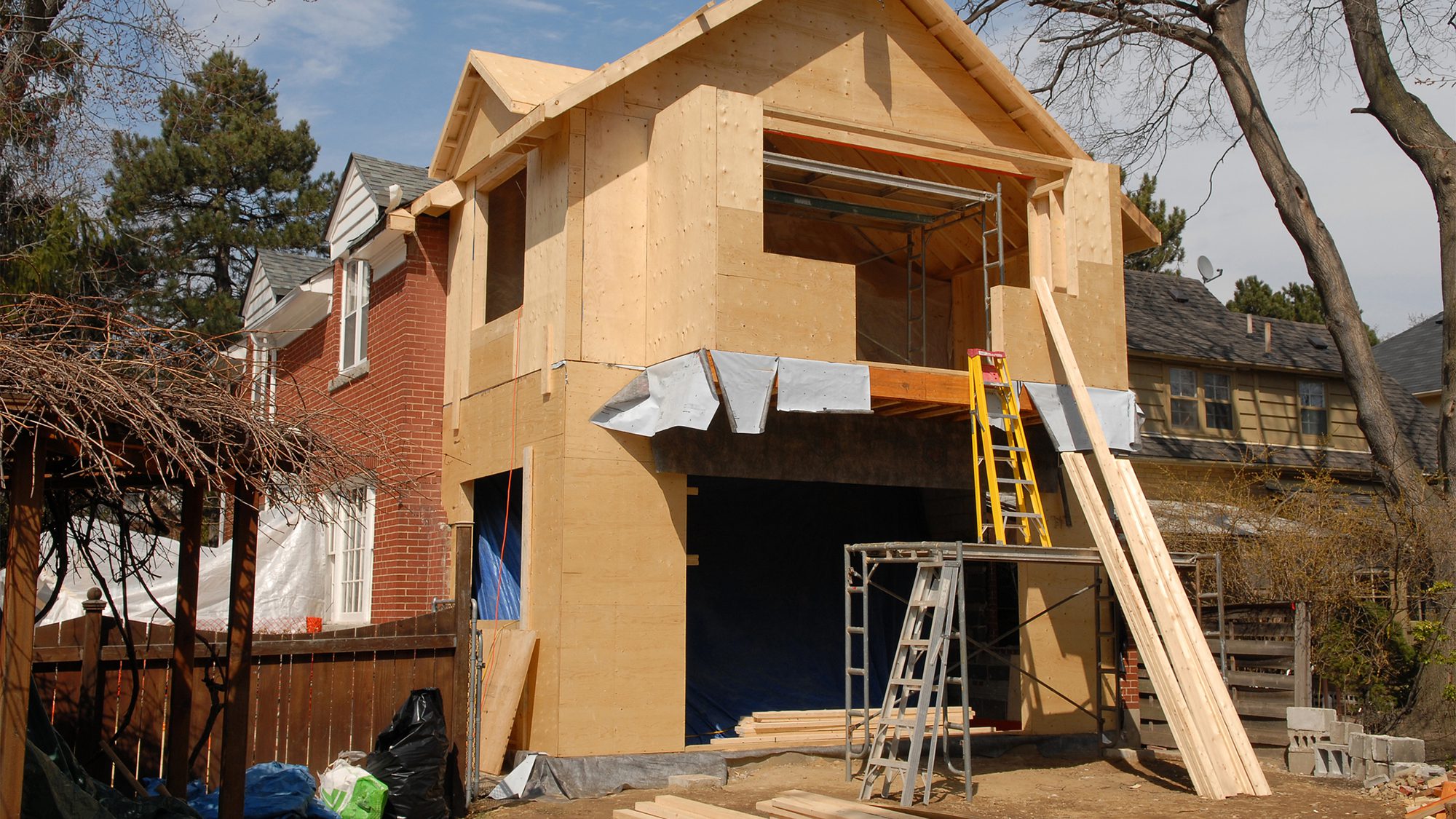The National Council on Aging recently shared a story about a scammer who targeted a homeowner in Massachusetts. The victim alleged that a contractor damaged his home’s foundation and didn’t return to finish the work—even after taking thousands of dollars in payments. Since 2007, 109,000 home improvement scams have been reported to the Federal Trade Commission (FTC), resulting in about $207 million in losses in roughly the same period. But that may just be the tip of the iceberg, since many victims of scams do not report the crime.
Sadly, scammers often seek out older homeowners, who they expect to be more trusting, wealthier, and more likely to have memory or cognitive problems.
The Value of Home Improvement
Of course, there are many legitimate home improvement outfits out there. Many businesses suffered during the pandemic lockdowns, but homeowners funneled an estimated $420 billion into remodeling projects in 2020 alone, according to Money, as lockdowns and social distancing curtailed outside entertainment.
Making improvements to your home not only enhances your enjoyment but also increases the return on investment (ROI) if and when it is time to sell.
The projects you decide to tackle may be influenced by the ROI, your personal choices, or a combination of those and other things. For many of us, our home is the largest purchase we will make. You may want to consider ways to increase its value.
According to the National Association of Realtors 2022 Remodeling Impact Report, hardwood floor refinishing and new wood flooring provide the top return, 147% cost recovery and 118%, respectively.
Insulation upgrades offered 100% cost recovery.
Bathroom renovation and kitchen upgrades don’t top the list in terms of investment, but do improve your own enjoyment of your home. They provided 67% and 63% return on cost, respectively.
Of course, these are simply averages. Location plays a big role in the value of your upgrades. And it goes without saying that a very expensive renovation in a modestly priced house will lead to a diminished ROI.
If you are planning to sell your home, an experienced real estate agent can help you find the sweet spot between outlays and returns.
The Dark Side of Home Improvement
Home remodeling isn’t as simple as walking into Walmart or Home Depot and making a purchase. There is a high level of comfort that a major retailer will provide a good product and stand behind its warranty.
Home improvement companies, however, are everywhere and exist at every level of quality. Some are trustworthy, and their work stands out. Others are looking to make a fast buck. Quality of work isn’t a high consideration.
Then there are actual scammers who make empty promises and leave you, your finances, and your home worse off than when you started. They have one goal—take your money and leave you with little value.
Trust But Verify
How can you tell if a contractor might not be reputable? According to the FTC, these behaviors are red flags:
- Scammers knock on doors, claiming to be “in the area” looking for business.
- Scammers claim they have materials left over from a previous job, which will save you money.
- They pressure you into an immediate decision.
- They ask you to pay for everything upfront and/or only accept cash.
- They ask you to get the required building permits.
- Scammers suggest you borrow money from a lender they know.
- They won’t sign a contract, but insist on a handshake deal.
These seem almost obvious, but con artists don’t become con artists without learning the art of persuasion. They put you at ease. They engender trust and your guard comes down.
Here is how it might work: A friendly home improvement tradesman might knock on your door and tell you they have noticed a problem with your house. They offer to inspect the issue at no cost and then provide a quote that seems reasonable because they just happen to have an oversupply of materials from a prior job, so they can give you a deal.
When you agree to their proposal, they insist on a large deposit or 100% payment upfront. Or they might request a payment method that isn’t common, such as an online money transfer or prepaid debit card.
Once your cash is in their hands, they disappear.
Step back for a moment and review this scenario. Somebody you don’t know knocks on your door and demands a big cash payment for work they haven’t yet performed. They would have to be pretty charming, because that’s a huge red flag.
Homeowners are often targeted by scammers posing as contractors after a natural disaster, promising low-cost repairs and pressuring them to act quickly. But again, after taking the deposit, the service provider may disappear or the work may be poorly executed or left incomplete.
Another scenario is when a project snowballs. After a contractor starts your project, they may try to persuade you that there are additional, costlier problems that require your immediate attention. If you refuse to authorize additional work, they may threaten to abandon the project, leaving it unfinished.
Another move is to intentionally perform low-quality work to ensure repeat business.
Be alert. If something doesn’t feel right, you are under no obligation to move forward.
How to Avoid Scammers
Here are some ways you can greatly reduce your odds of being victimized.
- Consider only contractors who are licensed and insured.
- Get recommendations from family and friends.
- Check with the local Home Builders Association and consumer protection officials to see if they have complaints against a contractor.
- Research a business online and read reviews but keep in mind that they may not be perfect. Instead, focus on the center of gravity, i.e., the bulk of reviews, and how complaints are handled.
- Get written estimates and read the contract carefully.
- Don’t pay the full amount up front. A downpayment will likely be required, but avoid those who want full payment upfront.
Loan Scams
Your remodeling project may be financed by cash in the bank or a home equity loan.
Be careful about your financing:
- Never agree to financing through your contractor without shopping around and comparing loan terms.
- Never agree to any loan without understanding the terms of the loan.
- Don’t sign a document that you haven’t read or one that contains blank spaces.
- Don’t let anyone pressure you into signing an agreement.
Once again, let me remind you to be alert. If something doesn’t feel right, you are under no obligation to move forward.
If you have been the unfortunate victim of a scam, report the crime to your state attorney general’s office, the state’s consumer protection office, the BBB, your local media’s call for action lines, and the National Association of Homebuilders.
Many home improvement companies pride themselves on their workmanship. You can greatly reduce the likelihood of falling prey to a scam by taking some simple precautions and learning about the reputation of the company you are hiring.
If you are looking to do some home improvements and would like to have someone to run the idea or price by, please call our office. We keep a list of local businesses that our clients have had great experiences with and make note of the poor experiences to help guard against others having bad experiences. We may not be handy when it comes to home improvements, but we are here as a trusted advisor to help guide you in whatever way we can. Contact us with questions.






